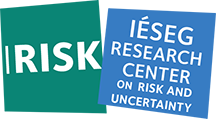IBEBACC
Identifying BEhavioral BArriers to tackling Climate Change: Myopia, Uncertainty or Collective Action?
 This research project is funded by I-SITE.
This research project is funded by I-SITE.
The objective of the project is to identify the behavioral barriers to tackling climate change, relying on a strong use of experimental methods to systematically test the contributions of various psychological phenomena, contenders to explain the human inertia in the face of this critical global challenge.
Economic Preferences and Subjective Beliefs in the Wild
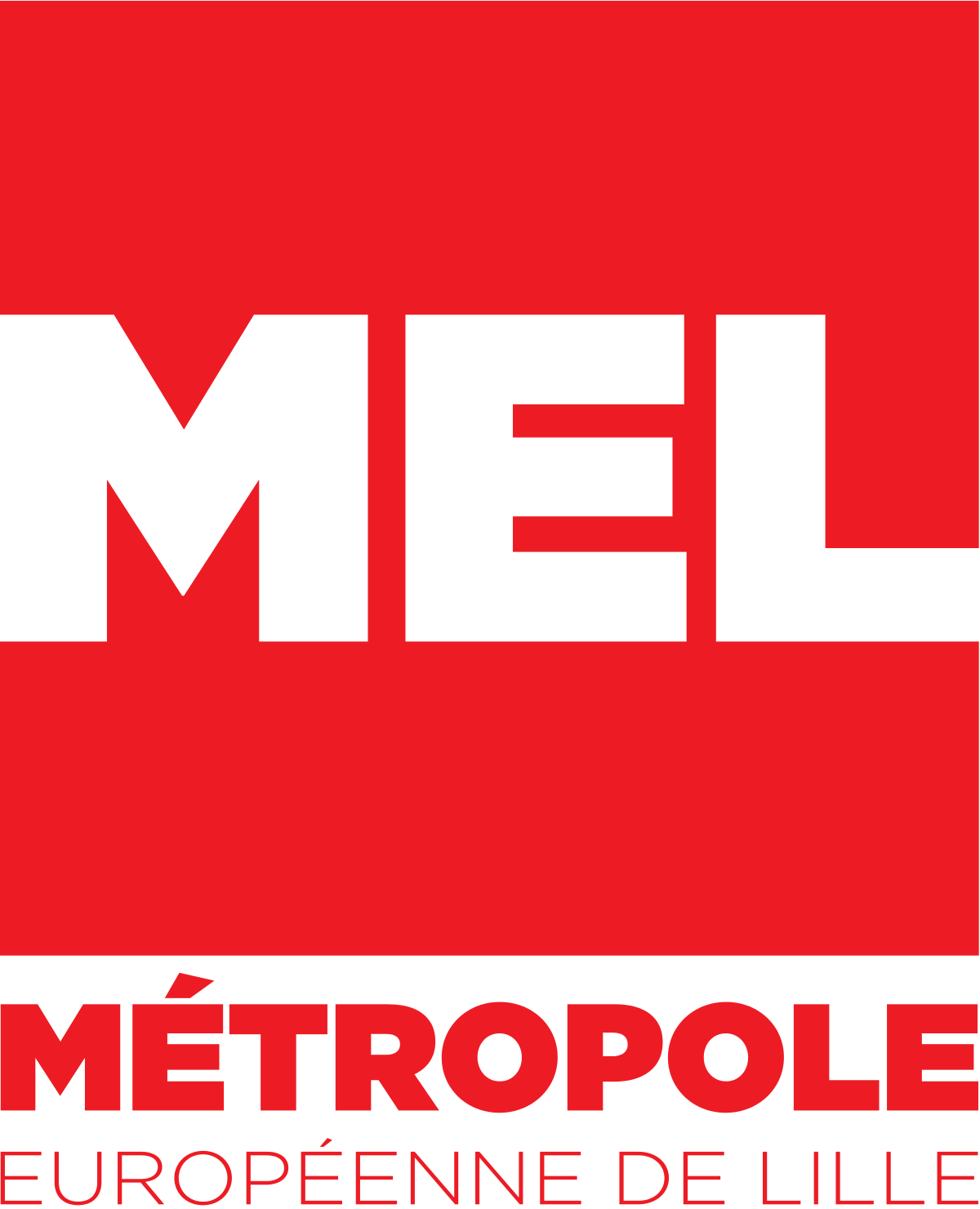 This research project is funded by the Métropole Européenne de Lille (MEL).
This research project is funded by the Métropole Européenne de Lille (MEL).
The project seeks to innovate on the elicitation and estimation of economic preferences and subjective beliefs by developing novel methods to infer and test properties of economic primitives.
The innovations are then applied to a series of experiments with the goal to investigate theoretical predictions on the role of preferences and beliefs for entrepreneurial and environmental decisions.
Go For It While You Can
“Go For It While You Can” is a research project funded by the Swiss National Science Foundation (SNSF).
 The project consists of multiple subprojects that aim to better understand the effect of index insurance and expectations on subsistence farmers’ cultivation and household decisions. We use randomized controlled trials (RCTs) and state-of-the-art preference and belief measures to test a series of hypotheses related to household responses to exogenous shocks and the vulnerability of economic preferences.
The project consists of multiple subprojects that aim to better understand the effect of index insurance and expectations on subsistence farmers’ cultivation and household decisions. We use randomized controlled trials (RCTs) and state-of-the-art preference and belief measures to test a series of hypotheses related to household responses to exogenous shocks and the vulnerability of economic preferences.
IRAP
Identifying Risk and Ambiguity Preferences Free from Context
IRAP is a research project funded by the Swiss National Science Foundation (SNSF).
 The main objective of the project is to link experimentally elicited preferences and beliefs to data on real insurance and deductible choices. It involves collaborations with industry partners, and promises advances on the methodology of measuring economic primitives, and modeling/understanding real-world insurance choices.
The main objective of the project is to link experimentally elicited preferences and beliefs to data on real insurance and deductible choices. It involves collaborations with industry partners, and promises advances on the methodology of measuring economic primitives, and modeling/understanding real-world insurance choices.
CLAM
CLimate AMbiguity
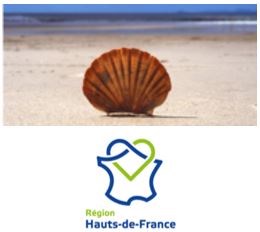 CLAM is a research project funded by the Region Hauts-de-France.
CLAM is a research project funded by the Region Hauts-de-France.
The main objective of CLAM is to use state-of-the-art behavioral research techniques (from laboratory experiments to field experiments) to understand individuals’ perception of, and reaction to, ambiguity with particular attention to the specific application of uncertainty related to climate change.
The project aims to bridge the gap between the fields of behavioral sciences and environmental economics (1) by gaining more recognition of behavioral research on ambiguity in the scientific community of environmental economics, and (2) by stirring new developments in behavioral research in applications to climate change context.
ENDURA
ENvironmental Decisions Under Risk and Ambiguity
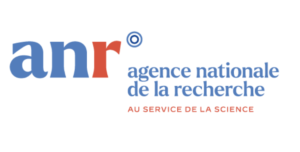
ENDURA is a research project funded by the Agence Nationale de la Recherche (ANR).
The objective of the project is to extend the theoretical and methodological advances in behavioral economics to decision-making in the environmental domain. Ultimately, the project aims to provide new insights on the best ways to motivate climate action.
The Paris Climate Agreement’s goal of holding the warming of the planet below 2°C will require decarbonization of the world economy on an 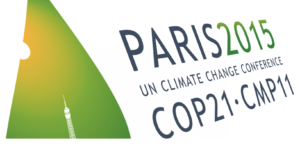 unprecedented scale, an effort that crucially depends on the public’s acceptance of climate action in every aspect of their social, political, and economic lives. By investigating the factors that shape this acceptance, ENDURA aims to contribute to the discourse on how best to design climate policies.
unprecedented scale, an effort that crucially depends on the public’s acceptance of climate action in every aspect of their social, political, and economic lives. By investigating the factors that shape this acceptance, ENDURA aims to contribute to the discourse on how best to design climate policies.
INDUCED
(Integrating Deep Uncertainty in Climate Change Modelling)
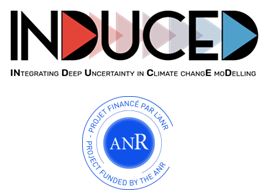
INDUCED is a research project funded by the Agence Nationale de la Recherche (ANR).
Its objective is to propose new ways of incorporating preferences people have with respect to deep uncertainty in the decision-making processes related to climate policy.
The project aims at contributing to the debate on the way to address uncertainty in the context of climate change. This is of particular importance since the decisions to be made potentially have important consequences on the socio-economic environment and are associated with events that have never been encountered before.
Interactions between risk/ambiguity and social preferences
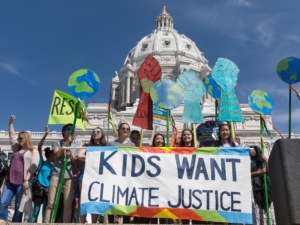
Altruistic behavior may lead to uncertain consequences. For example, the actions taken in the face of climate change will affect future generations but are also taken in a context of deep uncertainty.
In this project, we study the interaction between social preferences and preferences towards uncertainty. In particular, we investigate whether the presence of uncertainty leads to higher or lower provision of pro-social actions. The project could help to better understand the drivers underlying intergenerational transfers, policies aiming at mitigating climate change, and donations to charity.
Economic Rationality and the Three Layers of Uncertainty

The uncertainty that naturally arises in most decision problems may be decomposed into different layers of analysis: (1) uncertainty within a conjectured random mechanism, which may represent a natural, social or economic phenomenon (e.g., in the climate context, it corresponds to a particular distribution of the climate sensitivity parameter); (2) uncertaintyacross different probability models (e.g., this corresponds to the current disagreements among climate projections based on different climate models); and (3) the uncertainty that emerges about the models under consideration and their approximate nature (every scientific model is ultimately a simplification of a more complex phenomenon and, as such, is necessarily misspecified).
In this project, we study the three layers of uncertainty and their relationship with economic rationality. Our objective is to know whether attitudes towards uncertainty appear reflecting genuine preferences or is coming from cognitive errors.
